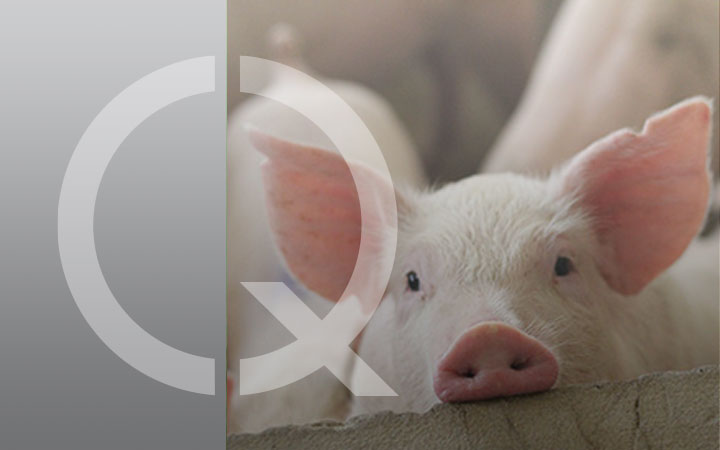
WHAT IS THAT
The DTP 130 is a voluntary standard that was created in response to the growing sensitivity of the consumer regarding " animal welfare " and allows companies to guarantee customers that the own pork-based products come from animals that are not only bred, but transported and slaughtered in more restrictive animal welfare conditions than those envisaged by the applicable mandatory regulations.Currently in Italy there is no standard recognized by the competent authority in the field of pig animal welfare unlike what happened in the milk and beef cattle supply chains where the CReNBA standard exists.
The DTP 130 defines the minimum requirements necessary for the "animal welfare" of the pig in the breeding, transport and slaughtering phases and also provides for two optional requirements that companies can activate or not. The activation of the optional requirements allows their certification and consequent communication.
The specification applies to:
- Live animals bred according to this specification.
- Pork meat and derivatives (e.g. cured meats and sausages) during the various stages of growth: from the birth of the piglets, to the transport to the slaughterhouse, to the slaughtering of the animals.
The specification also provides for the "chain of custody" approach for the subsequent phases in order to ensure the segregation of the meat that complies with this specification and the production of the processed products exclusively with this meat.
KEY POINTS
The company that intends to be certified with the "animal welfare" claim relating to pigs must:
- Implement an animal welfare management system and breeding/transport/slaughter/processing methods inspired by the ISO/TS 34700:2016 standard and demonstrate the adoption of the aforementioned standard and related documents with particular reference to the Terrestrial Animal Health Code , World organization for Animal Health (OIE TAHC) for the applicable parts
- Ensure compliance with the product and process requirements and good practices defined in the standard (more restrictive than those required by current regulations)
- Implement a traceability management system at all stages of the supply chain in compliance with the ISO 22005 standard
- Implement a responsible drug stewardship procedure
- Define and apply a general biosecurity procedure (rodent control, visitor entry management, disinfection, carcass collection management, live animal load management, drinking water management)
- Implement a feeding management procedure in rearing (all stages) and weaning that ensures full legislative compliance
- Apply a procedure for transporting animals between farms and farm-slaughterhouse that is able to guarantee full compliance with the Transport of animals by land of the Terrestrial Aniaml Health Code
- Apply a slaughter procedure that is able to ensure full compliance with Slaughter of animals of the Terrestrial Aniaml Health Code
- Define and apply a staff training procedure